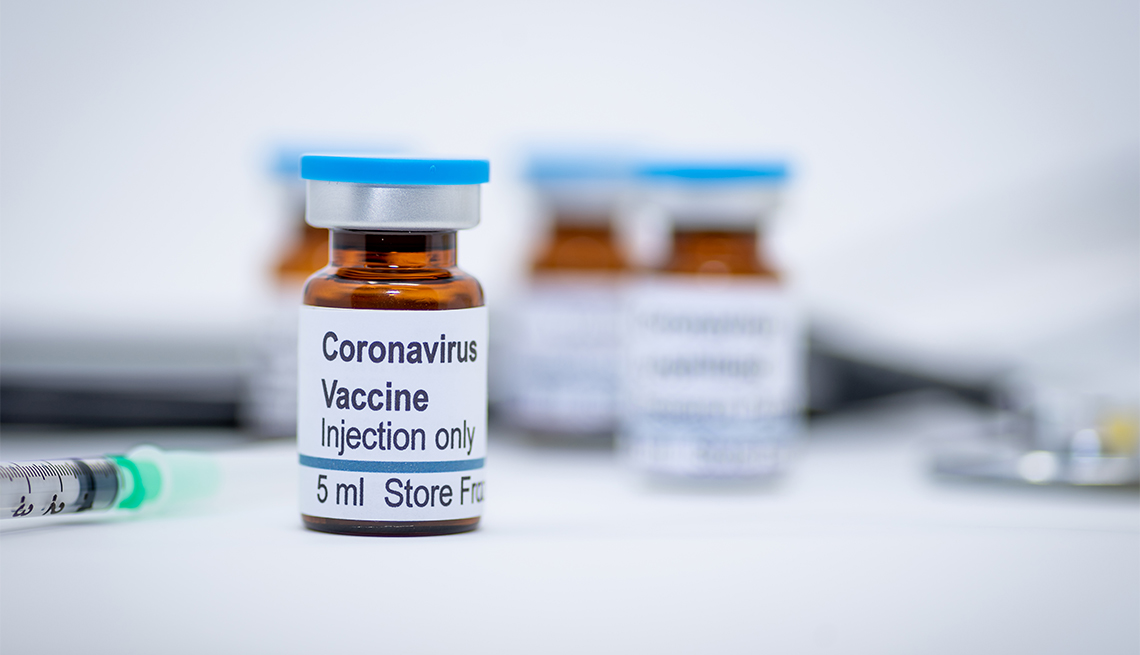| What to Know About the Vaccine
Connecticut’s Phase 1B COVID-19 vaccine roll-out started this week, but many people are still confused about who is eligible and when. The Governor, State Commissioner of Public Health and some of our state epidemiologists have shared this information, which I thought you might find helpful:
- As of Tuesday, 220,820 doses of the vaccine have been administered.
- We have moved into phase 1b, beginning with people 75 and older. Though some school districts accidentally uploaded employee information into what’s called the VAMS system, this was a mistake. For now, only those 75 and older should be making appointments and being vaccinated.
- The state currently anticipates receiving 45,000 doses per week.
- Assuming this supply remains the same, the next group within 1b, those who are age 65-74 should be able to start receiving the vaccine in early February.
- Once this group is complete, meaning once the vaccine has been offered to all 65-74 year olds, frontline workers and those age 16-74 with underlying conditions will be eligible. It is anticipated this will begin at the end of February or early March.
- There are 1.3 million people eligible within 1b. So if you are doing quick math, you know that the currently available supply exceeds demand. However, it does not mean if you are in one of these groups you will have to wait months for the vaccine. You might have to wait weeks. The Department of Public Health is asking for your patience.
- The primary reason the vaccine is being offered to those over 65 before frontline workers, including teachers, is the fact that they are 18% of the population but 88% of the fatalities. This decision was recommended by the vaccine advisory group and decided by the Governor and the Commissioner.
- An important little known fact – if you have received your first dose and cannot get a second appointment within the 21 or 28 days, do not worry. There is no outer limit to the timing of the second vaccine. That said, you are encouraged to get that second dose as soon as is practicable.
- The uptake for the vaccine is not nearly what our public health officials would like it to be, particularly in vulnerable communities.
- Within the next week, there will be locations of vaccine clinics available on 211 – similar to the testing location tool.
- As the rollout continues, vaccine will be administered by mobile teams, community clinics like the one at the Fairfield Health Department, pharmacies, and hospitals.
Last week, the CT Post shared a great resource that I think has some of the best explanations and resources. Below is a section of that post, but I urge you to visit the link above as well as the state's Main Vaccine Portal for the full list of resources.
When and where can I make an appointment to be vaccinated?
Currently, to get an appointment, the best way is to fill out this online form to register with the Vaccine Administration Management System (VAMS). You will need to enter your full name, date of birth, zip code, occupation (including "retired") and email address. The information you enter will only be used for purposes of scheduling your vaccination, and will be kept private. Once registered, VAMS will email you to guide you through the appointment process for receiving the COVID-19 vaccine by sending you an e-mail from the CDC. If you somehow get locked out of this form, as I know people have, you need to call the VAMS folks directly at 800-232-4636.
Individuals can also register directly through these healthcare providers and over time there will be additional access points. The state is in the process of coordinating multiple mass vaccination sites so that we will be ready when additional vaccine supply becomes available.
If you do not have an e-mail address, you can call 877-918-2224 Monday through Friday between 8 a.m. and 4:30 p.m. to schedule an appointment, though this line has been extremely busy. The plan is to add an additional 50 staff to the line within this week. Our health department is also a tremendous resource. Start by checking online. |

